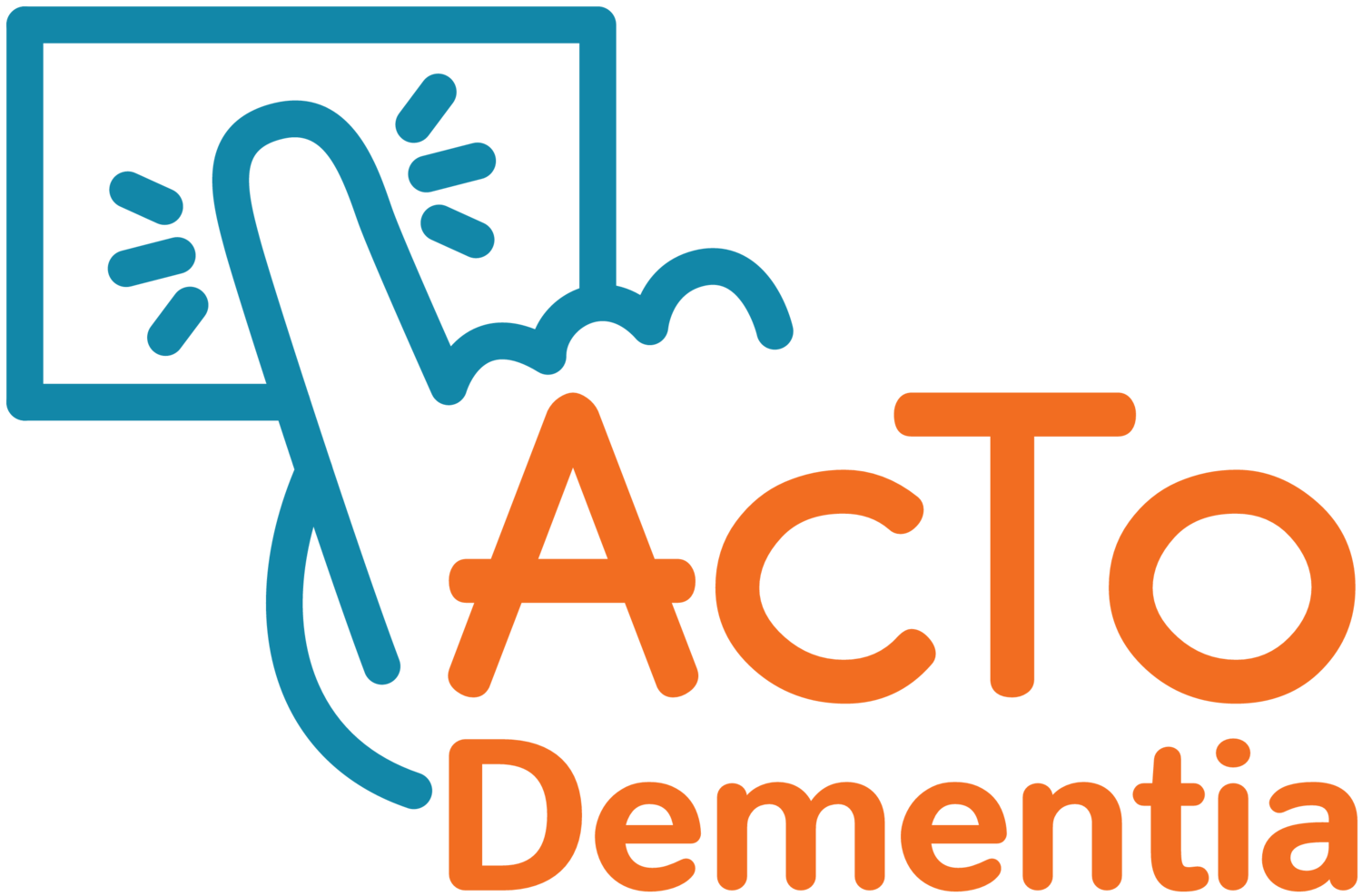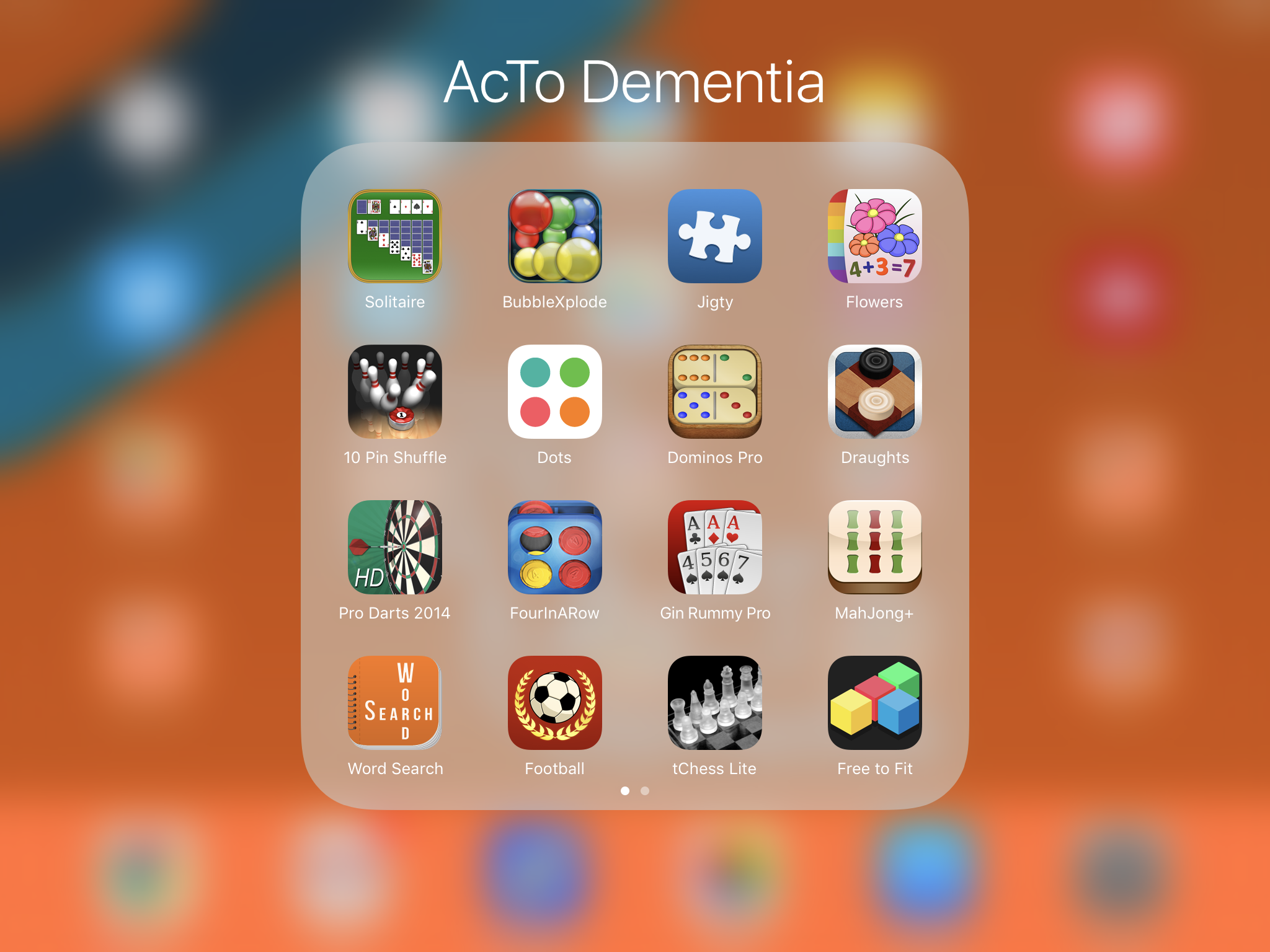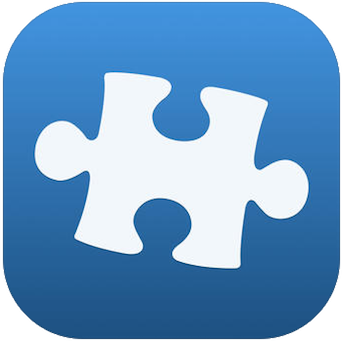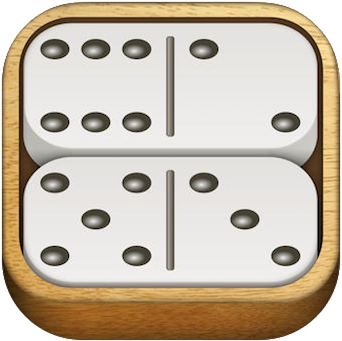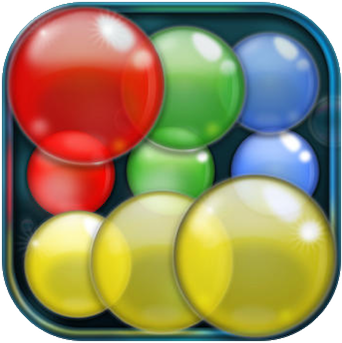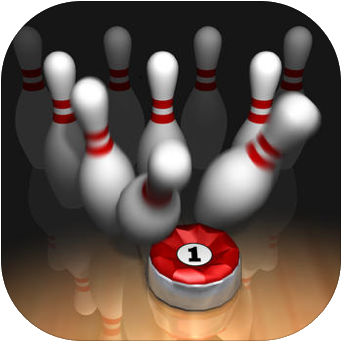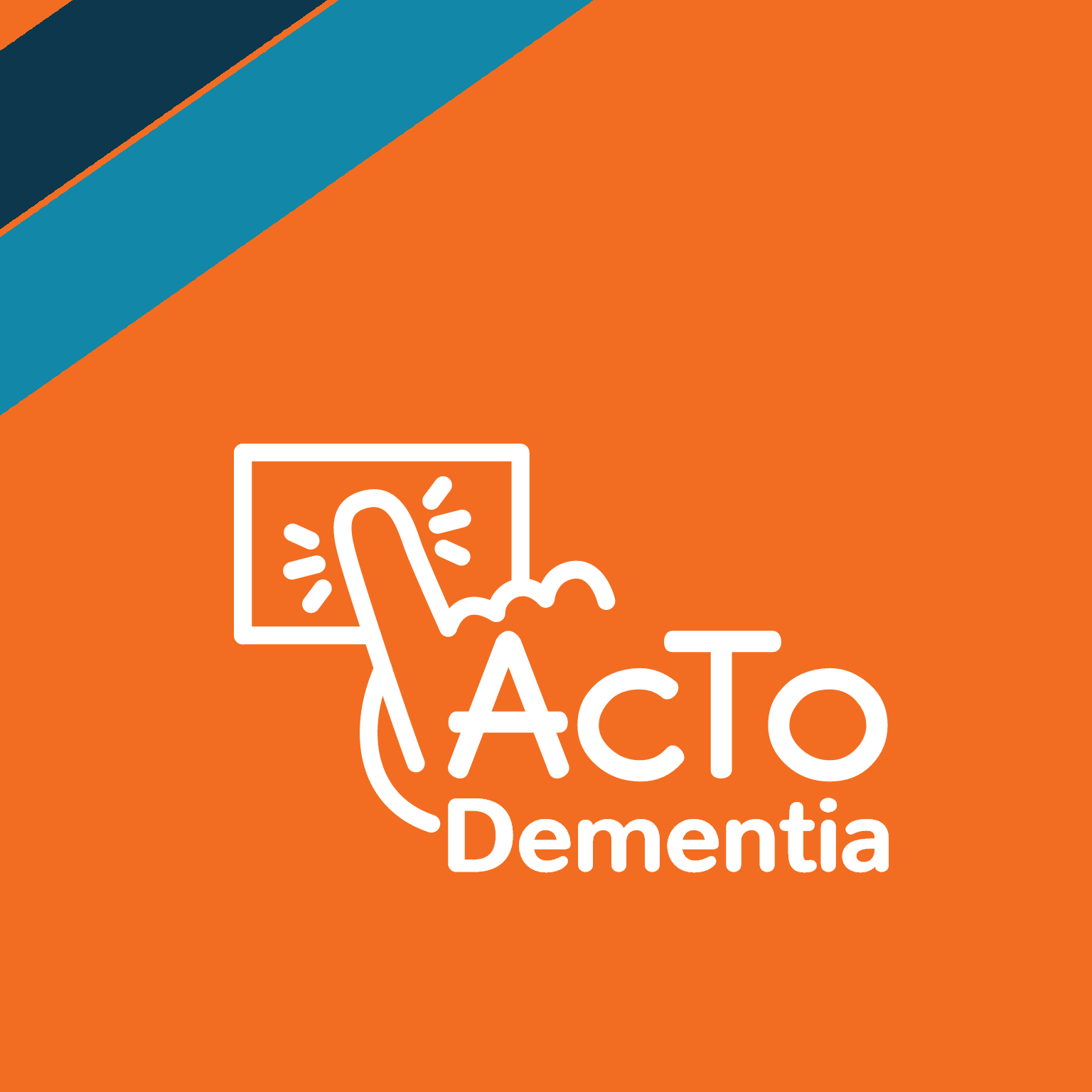AcTo Dementia: 6 Months On...
/Since the launch of the AcTo Dementia website 6 months ago, we have evaluated more than 40 different types of game or activity, reviewing over 400 apps in the process. So far we have recommended 23 apps that are the most accessible of their type for people living with dementia, encompassing a diverse range of games or activities. These have included classic board games, sports simulations, interactive art and modern puzzlers.
When taking the apps out-and-about for people with dementia and their families to test and play for fun, the most popular based on feedback are Jigty Jigsaws, Dominoes, Bubble Explode and 10 Pin Shuffle Bowling. Some of these can be enjoyed independently during those quiet times when a bit of escapist fun is needed, whereas others can be played with another person as a shared activity.
The Review Process
Our process for selecting apps involves firstly identifying the type of app that we will review, for example, dominoes or football. We then search the app store for examples of the app type and download at least ten representations of the app for review. Each of the ten apps is then analysed using our evidence-based App Evaluation Tool, which generates a score for each app based on the presence or absence of design features that have been shown to have an impact on accessibility for people living with dementia. The highest scoring app is then sent for final approval to the lead researcher, and if approved is published on the website as a recommended app.
Not all of our app evaluations lead to app recommendations, as just because an app is the highest scoring and therefore the most accessible of its type, doesn’t mean it is of sufficient quality or suitability and therefore worthy of recommendation. This is demonstrated by the fact that we have so far rejected 18 different types of app on this basis, including driving simulators, spot the difference puzzles and Chinese Checkers.
Get Involved
Suggestions for types of app to be considered for review are always welcome. Initially, our selections have been based on feedback from Patient and Public Involvement (PPI) forums, ideas suggested by staff members and service users of places visited by the research team, and the previous work of members of the research team when developing touchscreen software for people living with dementia. We encourage visitors to the website to contact us or post in the forum if they have specific types of app they would like us to review and recommend, and this will be crucial in continuing our aim to develop a catalogue of accessible apps for people living with dementia that can be browsed on our website.
The Future
Over the next six months, we have app recommendations of Sudoku, bingo, adult colouring, Scrabble and free-form painting all pending publication, and we are also intending to widen our catalogue from just gaming and activity apps to information resource, productivity and self-management apps. To stay up to date with all of this and more, follow us on Twitter @actodementia and bookmark this website (www.actodementia.com).
